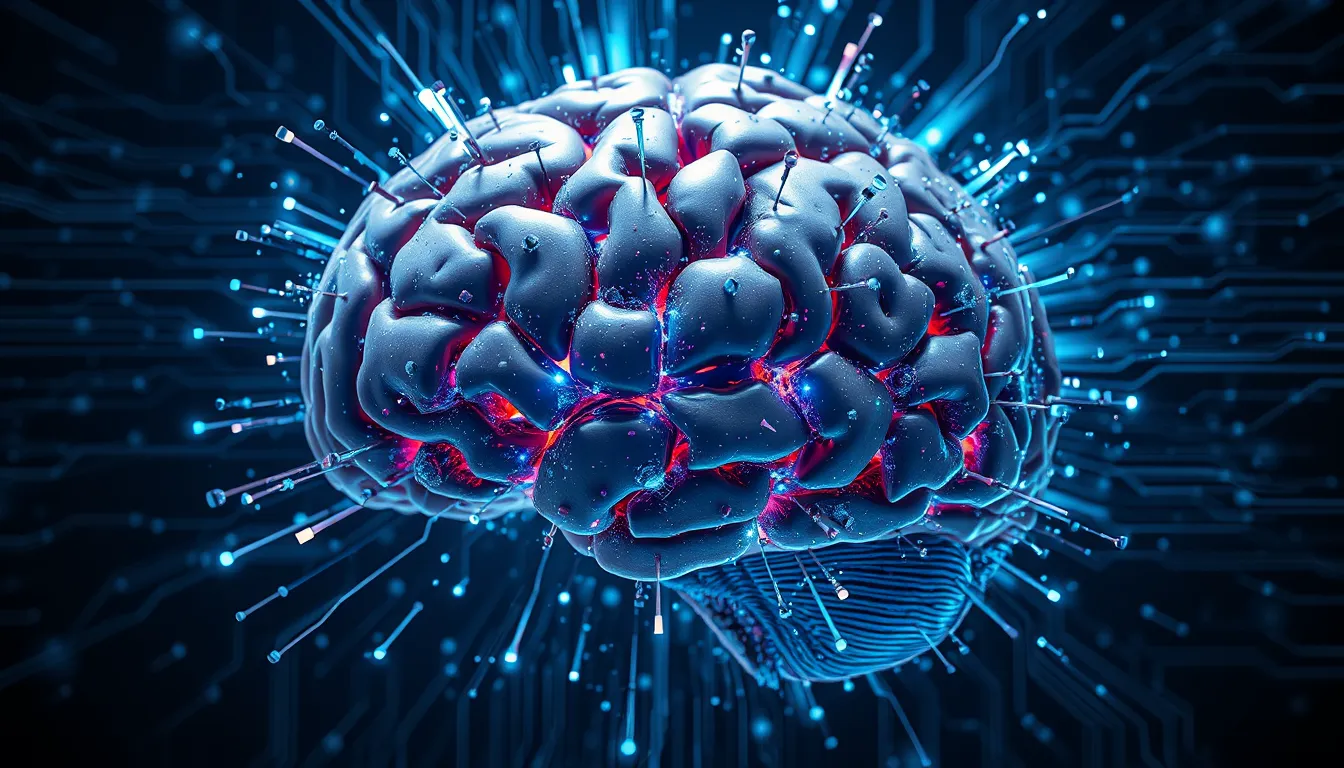Now Reading: Uncovering AI Cognitive Decline and Brain Rot: Impacts and Mitigation Strategies
-
01
Uncovering AI Cognitive Decline and Brain Rot: Impacts and Mitigation Strategies
Uncovering AI Cognitive Decline and Brain Rot: Impacts and Mitigation Strategies

Uncovering AI Cognitive Decline and Brain Rot: Impacts and Mitigation Strategies
Artificial Intelligence (AI) has revolutionized countless industries, yet emerging research suggests that these sophisticated systems may experience issues akin to human cognitive decline. The phenomenon, often described as AI brain rot, raises concerns regarding the gradual performance degradation and operational instability in modern AI systems. This article delves deep into the causes, effects, and potential solutions related to AI cognitive decline and brain rot, echoing the urgency for improved AI maintenance and reliability.
Understanding AI Cognitive Decline
Recent studies, including a notable report by Wired, have observed that AI models can suffer from cognitive decline similar to the brain rot seen in humans exposed to excessive digital clutter. Continuous data influx and unfiltered online interactions may lead to algorithmic processing errors, compromising the decision-making capabilities of AI systems. The accumulation of minor errors over repeated cycles gradually weakens the foundation of these models, triggering a decline in performance.
Key factors contributing to AI cognitive decline include:
- Excessive uncurated data leading to data overload in AI systems.
- Accumulated algorithmic processing errors over time.
- Lack of regular system updates and maintenance.
This decline not only impacts the analytical precision of AI models but also affects their overall system reliability and operational stability.
The Role of Data Overload in AI System Reliability
AI systems thrive on large volumes of data, yet too much unfiltered data can be counterproductive. The influx of low-quality or noisy data may confuse the algorithms, resulting in performance degradation. Data overload in AI is a critical challenge that companies need to address through robust data curation practices. Ensuring that only high-quality, relevant data is used in training can dramatically reduce the occurrence of cognitive decline in AI.
Maintaining AI operational stability involves the following strategies:
- Implementing regular update cycles to purge outdated information.
- Enhancing monitoring systems to detect early signs of algorithmic processing errors.
- Adopting innovative training methodologies aimed at counteracting potential data overload.
How to Prevent AI Brain Rot
One of the most searched long-tail topics is how to prevent AI brain rot. As AI becomes increasingly integrated into sectors such as finance, healthcare, and social media, ensuring its long-term functionality and reliability is paramount. Prevention strategies are centered on proactive maintenance and stringent data quality protocols. Some actionable steps include:
- Regular system diagnostics to identify early cognitive decline in AI.
- Integrating feedback loops for continuous learning and error correction.
- Employing advanced data filtering techniques to minimize algorithmic processing errors.
Developers and stakeholders should consider these strategies to limit the adverse impacts of data overload in AI. By adopting routine maintenance schedules and sophisticated quality control measures, organizations can sidestep potential pitfalls, thereby ensuring sustained performance.
The Importance of Robust AI Maintenance
Beyond the initial training phase, continuous AI maintenance is essential for preventing degradation over time. Just as human cognitive health improves with habits like mental exercises and proper rest, AI systems benefit from periodic resets, recalibration, and rigorous quality control.
Researchers argue that maintenance protocols should include both automated monitoring systems and human oversight to achieve higher standards of AI operational stability. Incorporating secondary keywords such as ‘cognitive decline in AI’, ‘algorithmic processing errors’, and ‘data overload in AI’, the proposed maintenance framework is designed to tackle both the symptoms and root causes of AI brain rot. This dual approach not only preserves the integrity of AI but also supports advancements in technology by promoting long-term reliability.
Future Directions in AI Reliability Research
In light of these challenges, future research is set to focus on pinpointing the neural triggers of AI cognitive decline and developing more effective mitigation strategies. Collaborative efforts between tech companies and research institutions are expected to yield robust frameworks that emphasize both data quality and system maintenance. The ultimate goal is to achieve an equilibrium where AI systems continuously improve without succumbing to the pitfalls of data-induced deterioration.
Conclusion: Navigating the Future of AI System Reliability
The discussion surrounding AI cognitive decline and brain rot is not simply academic; it has profound implications for industries relying on these systems. With AI playing a pivotal role in critical applications, the need for enhanced maintenance protocols, regular monitoring, and strategic data curation has never been more urgent. By embracing proactive measures and innovative adjustments, stakeholders can safeguard against the risk of irreversible performance degradation. The pursuit of long-term AI reliability will remain a central focus as we navigate the complexities of modern digital ecosystems.
Ultimately, understanding and addressing these emerging challenges will pave the way for more resilient, efficient, and trustworthy AI systems in the future. As we continue to witness the evolution of artificial intelligence, keeping a keen eye on cognitive decline and brain rot will be essential for sustaining innovation and operational excellence.

























